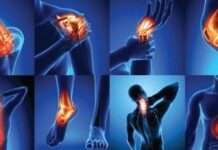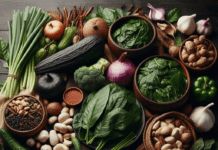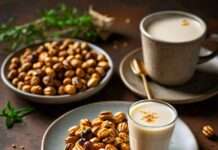
Keeping your blood pressure in check is important for your health. If it’s too high, your blood pressure can lead to serious conditions like stroke or heart disease.
A Research Gate publication titled “Hypertension: Empirical evidence and implications,” described high blood pressure (HBP) or hypertension (HTN) as one of the leading causes of cardiovascular (CV) morbidity and mortality throughout the world. Despite this fact, there is widespread agreement that the treatment of HBP, over the last half century, has been linked to eating some certain types of foods.
Healthy food is like medication for high blood pressure. Except you don’t need a prescription and you won’t have to worry about side effects. A healthy and balanced diet is a great way to prevent and manage high blood pressure — especially in its early stages. For chronic high blood pressure, diet is shown to be especially effective when used with medication prescribed by your doctor.
According to AHA Journals, in a publication written by Andrew J. Webb, Nakul Patel, and Mike Okorie, trials have shown that diets rich in fruits and vegetables reduce BP and adverse cardiovascular events. These protective effects have previously been attributed to the high antioxidant vitamin content.
Foods that lower blood pressure
- Fish
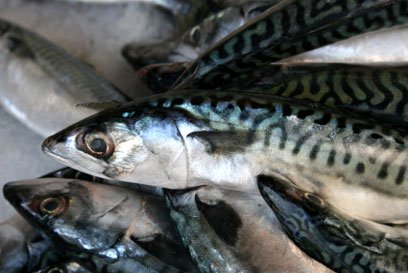
Research shows that omega-3 fats have a noticeable impact on heart health by reducing inflammation and lowering the BP. Fatty fish are rich in omega-3 fats, making them an essential food for managing blood pressure.
- Low-fat or fat-free yogurt
Low-fat dairy products are a great source of calcium, which is one of the main compounds that help fight high BP.
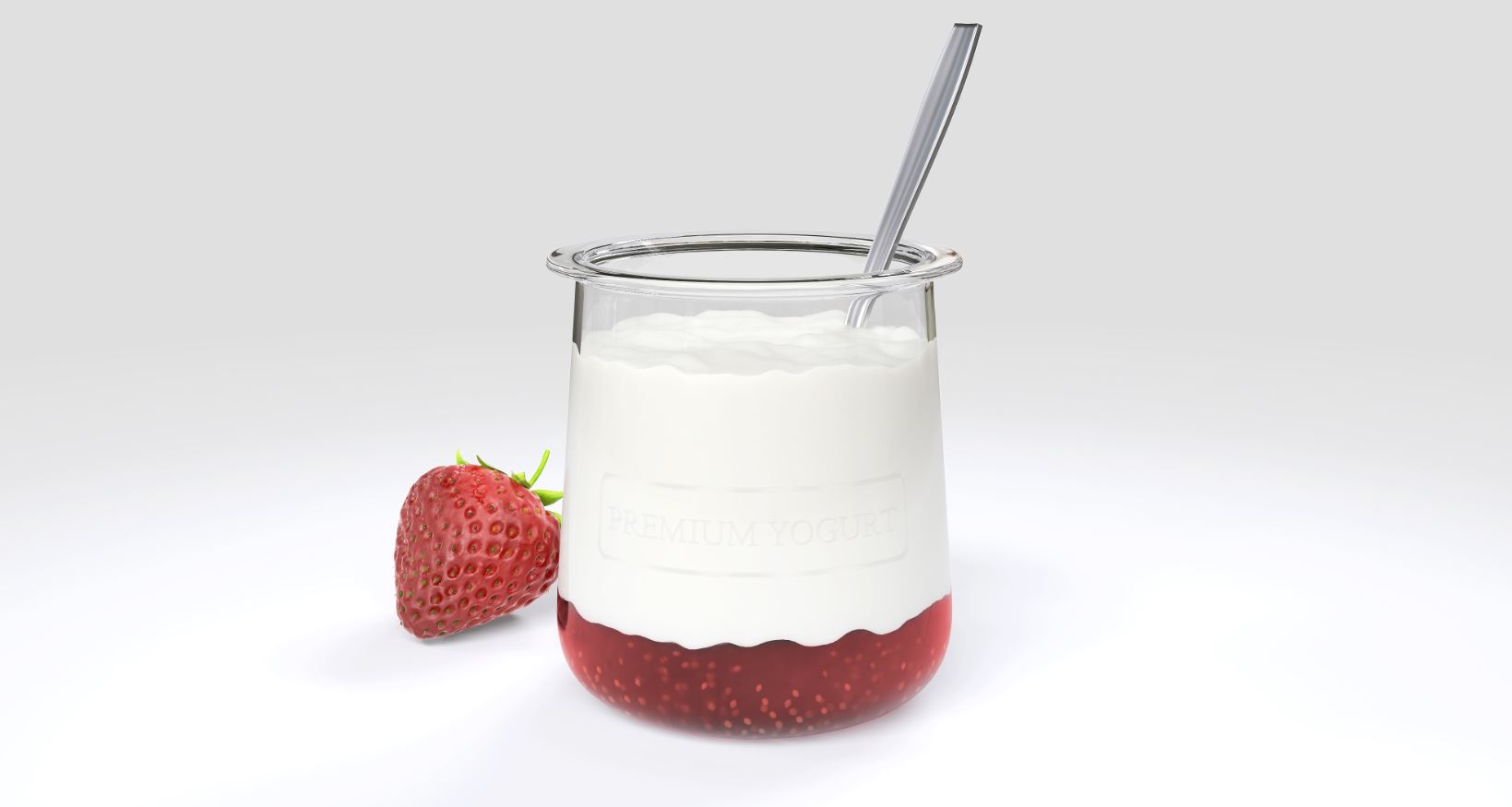
Also, potassium, protein, vitamins, and minerals from yogurt are great compliments to your diet as well. A 12-ounce serving of low-fat yogurt will give you about 30 percent of the recommended amount of calcium for the day.
- Go Green (and Leafy)
Salt makes your body hang on to more fluid. That bumps up your blood volume and the pressure on your arteries, which make your BP climb.

Fill your plate with leafy greens like spinach, broccoli, kale, or collards for a potassium boost. The mineral helps flush sodium out of your body through your pee and relaxes your blood vessel walls.
- Watermelon
Watermelon contains an amino acid called citrulline. The body converts citrulline to arginine, and this helps the body produce nitric oxide, a gas that relaxes blood vessels and encourages flexibility in arteries. These effects aid the flow of blood, which can lower high BP.

In one older study, adults with obesity and mild or prehypertension took watermelon extract containing 6 grams (g) of L-citrulline/L-arginine.
After 6 weeks, the participants saw a reduction in BP in the ankles and brachial arteries. The brachial artery is the main artery in the upper arm.
In a small 2019 study, 27 people consumed either watermelon juice or another drink before exercise. The females who drank watermelon juice did not experience a rise in blood pressure after exercise, although the males did.
- Carrots
Crunchy, sweet, and nutritious, carrots are a staple veggie in many people’s diets. Carrots are high in phenolic compounds, such as chlorogenic, p-coumaric, and caffeic acids, that help relax blood vessels and reduce inflammation, which may help lower blood pressure levels.

Although carrots can be enjoyed cooked or raw, eating them raw may be more beneficial for reducing high BP. A study that included 2,195 people ages 40–59 found that raw carrot intake was significantly associated with lower blood pressure levels .
Another small study in 17 people demonstrated that daily intake of 16 ounces (473 mL) of fresh carrot juice for 3 months led to reductions in low blood pressure but not high BP.





